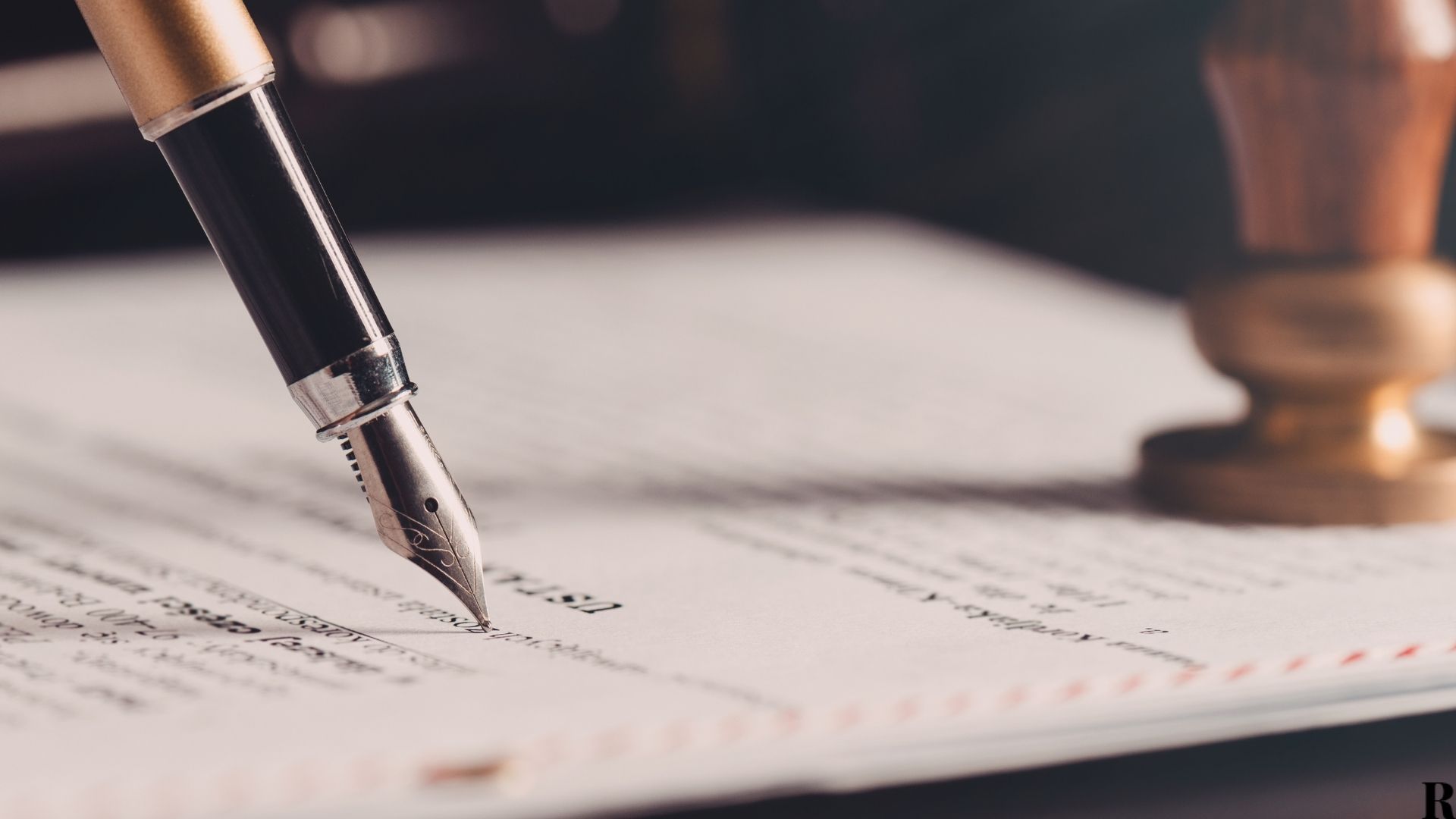Apostille Refine Explained: Streamlining Worldwide Record Verification
Apostille Refine Explained: Streamlining Worldwide Record Verification
Blog Article
Debunking Notarial Work: Simplifying the Role and Significance of Notaries
In the detailed internet of legal documentation and verification, notaries stand as columns of guarantee and authenticity. Their function, often shrouded in mystery for several, brings considerable weight in making sure the credibility and stability of crucial files. As guardians of legitimacy and reality, notaries play an essential component in our culture, yet their job is not constantly completely comprehended. By untangling the intricacies losing and bordering notarial techniques light on the relevance of their acts, a more clear understanding arises of the essential duty notaries play in promoting the textile of lawful and legal arrangements.
The Background of Notarial Job
The background of notarial job days back to old human beings, where scribes played a critical duty in recording crucial information and verifying documents. This led to the advancement of notaries, people designated by the state to act as neutral witnesses in lawful issues.
During the Center Ages, notaries acquired importance in Europe, with their features broadening to include preparing lawful files, certifying trademarks, and maintaining records. The surge of global trade further highlighted the value of notarial work in verifying agreements and contracts across borders.
In the modern age, notaries continue to play a vital role in lawful and business deals by confirming identifications, validating the authenticity of documents, and protecting against fraud. Their duty in certifying the validity of agreements adds a layer of security and count on to the ever-evolving landscape of commerce and law.

Tasks and Responsibilities of Notaries
The historical development of notarial work from ancient people to the modern-day age has formed the unique duties and duties that notaries maintain in legal and business deals today. Notaries play an important role in validating the authenticity of documents and the identification of signatories. Among their main responsibilities is to witness the finalizing of essential records, such as deeds, wills, and agreements, to make certain that all celebrations are participating in arrangements intentionally and voluntarily. Notaries additionally validate that notaries are of audio mind and not under pressure or browbeating.
In addition, notaries are tasked with providing affirmations and vows, which are vital in legal proceedings and the execution of sworn statements. They license duplicates of original files, supplying guarantee to establishments that the copies are true replicas of the originals. Notaries should keep precise documents of all purchases they look after to ensure transparency and accountability. In general, the tasks and duties of notaries are essential in safeguarding the integrity and legitimacy of various files and transactions.
Notarial Certificates and Signatures
Exemplifying meticulous focus to detail, notarial certificates and signatures function as essential parts in confirming the credibility of legal papers. Notarial certifications commonly include important details such as the day of notarization, the names of the signatures, a summary of the record, and the notary's official seal. These certificates provide a clear record of the notarial act, guaranteeing that the file can be easily determined and traced back to the notary who looked after the process.
Trademarks play a pivotal duty in notarial work, as they indicate the arrangement and authorization of the celebrations involved. Notaries very carefully witness the finalizing of papers to verify the identification of visite site the signatories and validate that they are signing of their very own free will. By affixing their main seal and signature to the record, notaries accredit that the required treatments have actually been complied with and that the paper is enforceable and legitimate.
Basically, notarial certificates and signatures are the trademark of authenticity in legal transactions, providing assurance to all events involved that the files are reputable and binding.
Significance of Notarial Acts

Notarization Refine Described
The registration procedure commonly starts with the individual presenting the paper to a notary public. Once the identity is confirmed, the notary ensures that the specific signing the paper does so willingly and without any threat.

Final Thought

Notarial certificates typically contain critical information such as the date of notarization, the names of the notaries, a summary of the file, and the notary's main seal. These certifications provide a clear document of the notarial act, making sure that the record can be easily identified and traced back to the notary who oversaw the process.
By fastening their main seal and trademark to the document, notaries certify that the necessary procedures have actually been adhered to and additional reading that the document is valid and enforceable.
By validating the identification of the notaries, verifying their desire to enter into the agreement, and licensing the date and location of the signing, notaries play a vital role in upholding the legitimacy of legal documents.After the document is authorized, the notary will attach their official seal or stamp onto the document.
Report this page